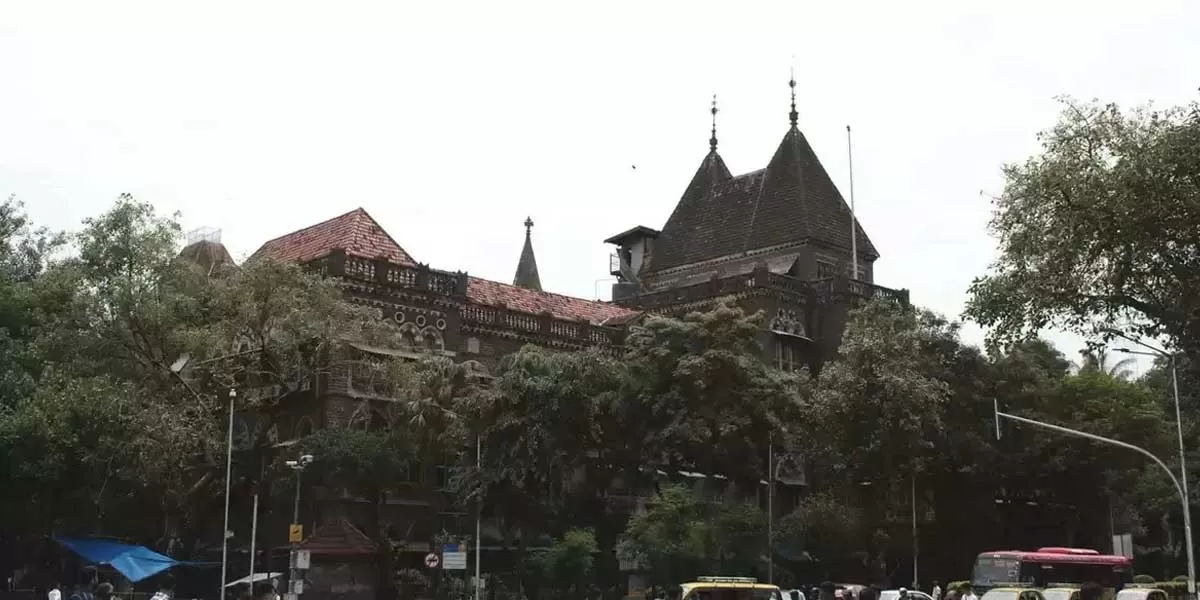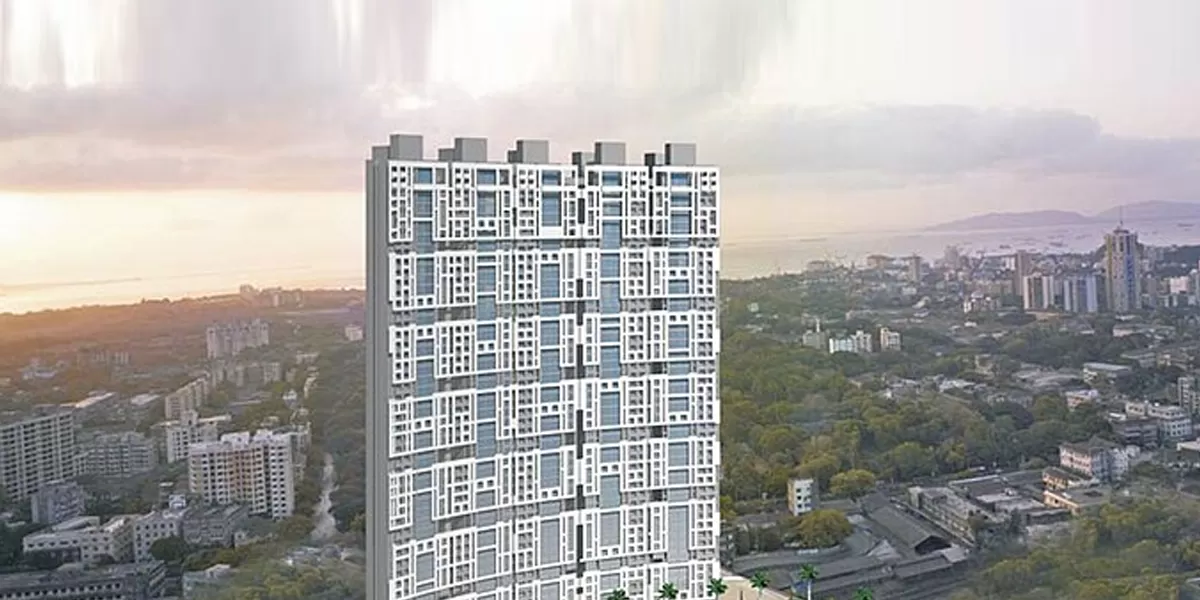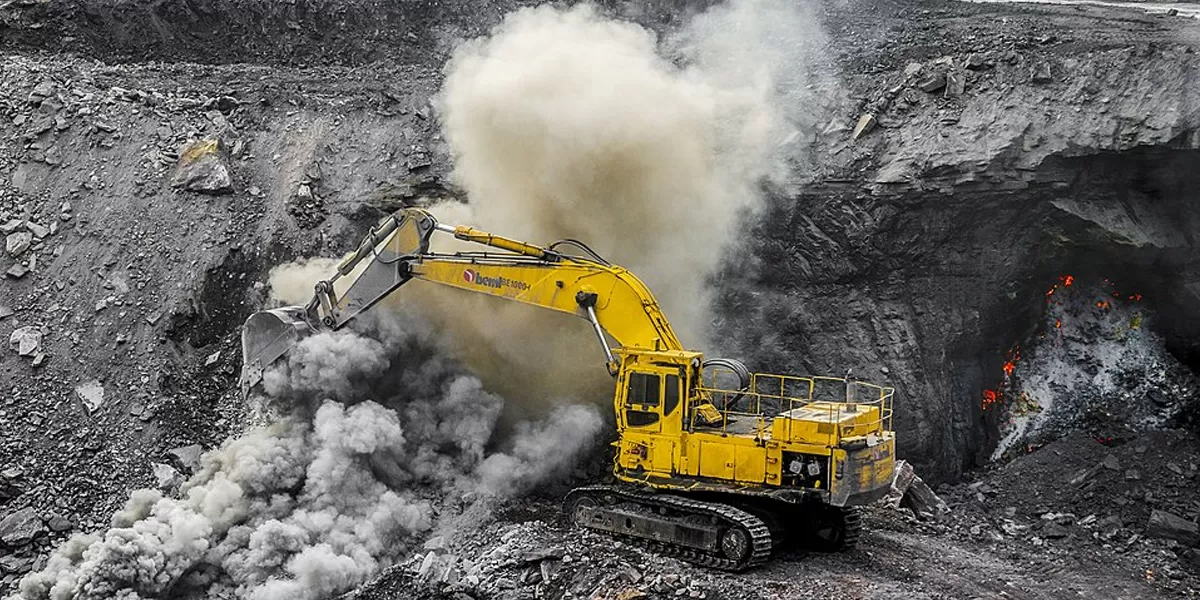

Godrej Buys Land Worth Rs 26.5 Bn for Housing Projects
Godrej Properties acquired 14 land parcels across major Indian cities in the last financial year, aiming to develop residential projects with a total revenue potential of Rs 265 billion. Chairperson Pirojsha Godrej confirmed the company will continue to actively pursue land acquisitions to fuel its growth.The acquisitions, all outright purchases, were made in the Mumbai Metropolitan Region (MMR), Pune, Delhi-NCR, Bengaluru, Kolkata, Ahmedabad, and Indore. Of these, five plots were secured in Gurugram and Greater Noida alone, which are expected to generate Rs 140 billion in revenue.“In FY 202..

Coal India Invites EOI for 4.5 GW Renewable Power Project
Coal India Limited (CIL), a Government of India undertaking headquartered in Kolkata, has issued an Expression of Interest (EOI) for the supply of renewable power from its proposed 4.5 GW renewable energy project. The initiative will comprise 2,500–3,000 MW of solar capacity and 1,500–2,000 MW of wind capacity, with power to be supplied on a long-term basis through the Inter-State Transmission System (ISTS) at a fixed tariff.Outlined in a document dated 19 May 2025, the phased project is expected to deliver up to 11.5 billion units of renewable energy annually, with a minimum of 60 per cen..

Oriana Power Eyes 60 GW Solar, Expands into Hydrogen & Storage
Founded in 2013 by engineers Rupal Gupta, Parveen Jangra, and Anirudh Saraswat, Oriana Power began as a consultancy with a clear mission: combine profitability with environmental sustainability to deliver long-term climate value.Over the years, Oriana transitioned from consultancy to EPC (engineering, procurement, and construction) services in 2017, and then to an IPP (independent power producer) model in 2019. This shift allowed the company to invest its own capital in solar energy projects while helping clients overcome financing hurdles.“We’ve delivered landmark projects including float..














